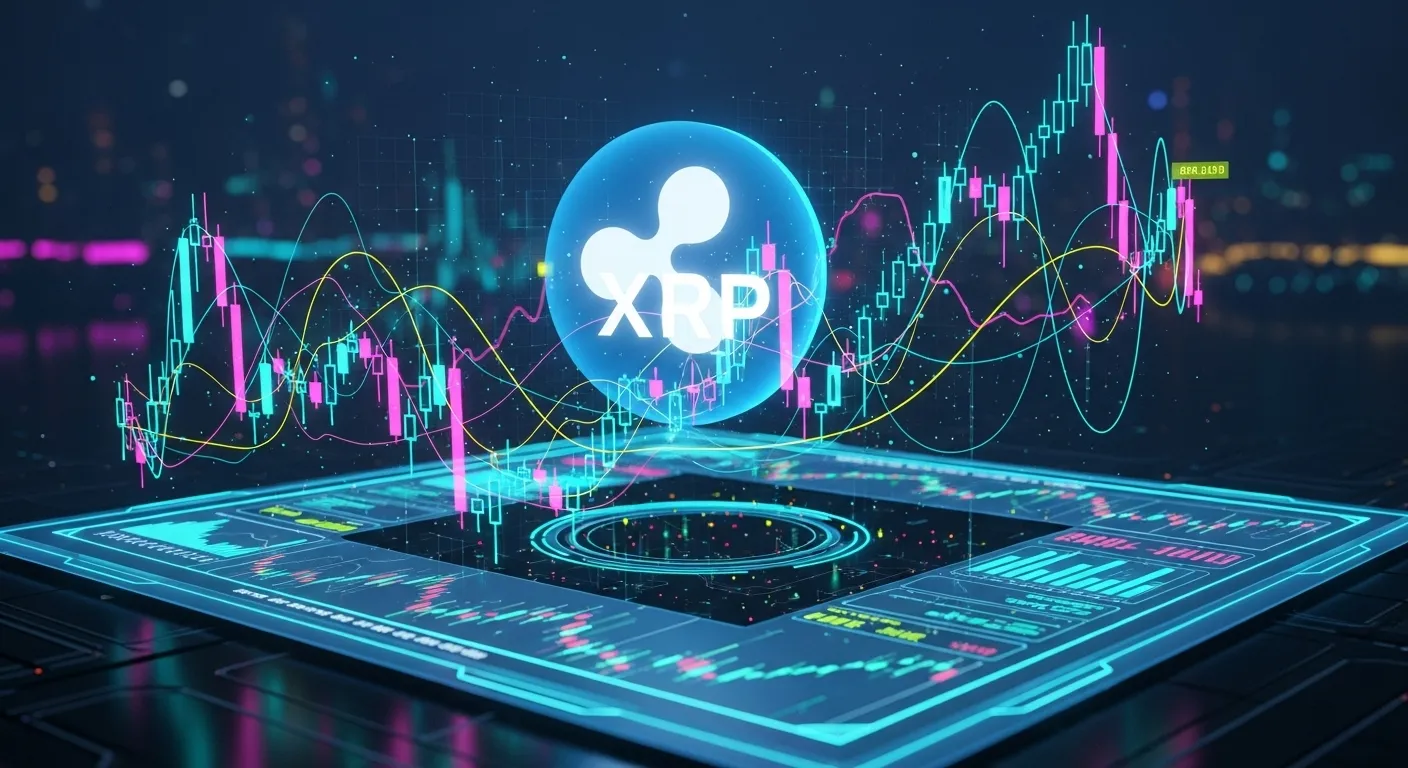There are two completely different stories being told about Ripple and the XRP Ledger right now, and they are almost impossible to reconcile. In one story, you have a piece of financial technology that is quietly, efficiently, and successfully settling billions of dollars in real-world, cross-border payments, proving itself to be a powerful and pragmatic upgrade to the world's archaic financial plumbing.
In the other story, you have a company and a digital asset locked in a brutal, multi-year, and existential legal battle with the most powerful financial regulator on the planet. The fascinating question is: which one of these stories will ultimately matter more?
I’ve come to think of it like this: the engineers at Ripple designed and built a revolutionary new type of engine. In every real-world, head-to-head test, this engine has been demonstrated to be an order of magnitude faster, cheaper, and more efficient than the old, steam-powered engines that our global financial system still runs on.
But at the exact same time, the company is on trial, locked in a bitter courtroom battle over whether they had the proper permits and followed the correct rules when they designed and distributed this engine in the first place.
So, to understand the full picture, you have to watch two completely separate arenas.
First, there's the "engineering lab" of the real-world economy. Here, you see the quiet, steady hum of adoption. You see payment companies and financial institutions in corridors stretching across Latin America, Southeast Asia, and the Middle East quietly integrating this new engine into their systems. They are not doing this out of speculative hype; they are doing it out of pure, pragmatic self-interest. The technology simply works better. You can see the tangible evidence of this in the on-chain data the steady, non-speculative, and growing transaction volume on the XRP Ledger that represents real, cross-border settlement.
But then you have to turn your attention to the second arena: the "courtroom." In this arena, the technical elegance and real-world performance of the engine are almost irrelevant. All that matters are the legal arguments, the regulatory precedents, and the shifting political winds. A negative ruling, regardless of the technology's proven merits, could severely handicap its adoption, particularly in the massive and lucrative Western markets. This is the great, dark cloud that has been hanging over this entire project for years.
The story of XRP is a powerful and fascinating case study in the inevitable collision of disruptive, permissionless innovation and the entrenched, permissioned power of the incumbent system. It’s a stark reminder that in the world of finance, having a demonstrably better engine is not always enough; you also need the social and legal license to operate it on the main roads.
The engineers have, by many measures, already proven their case in the lab. The ultimate fate of their powerful invention now rests in the hands of the lawyers.

